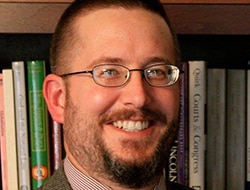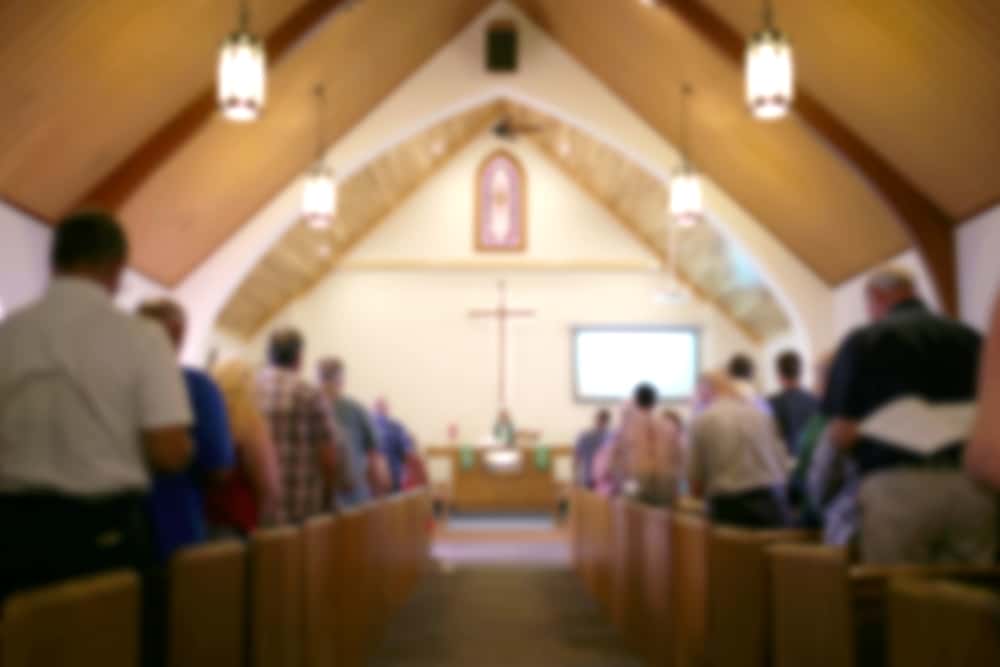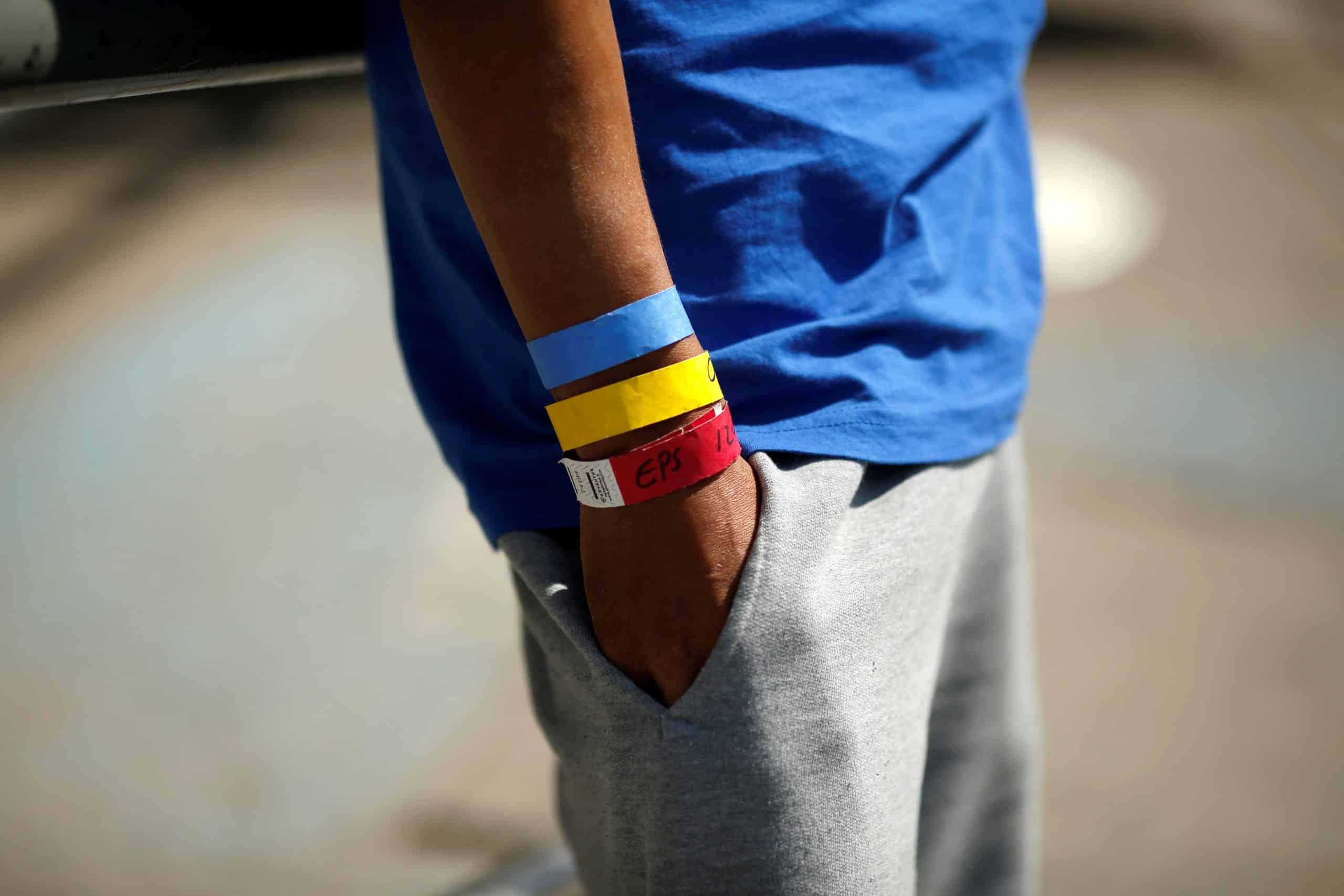
Walker Percy, as I’ve mentioned on more than one occasion, had a keen insight into the problems of the modern world that may, perhaps, have required the unique combination of traits that he embodied: his training as a psychologist, his novelist’s eye, and his convert’s understanding of the truth of Catholicism.
When I wrote yesterday’s “From the Chapel,” I still had nearly 40 pages to go in my rereading of Percy’s final novel, “The Thanatos Syndrome” (1987). What a difference those 40 pages, and the 25 years since I last read The Thanatos Syndrome, have made. The novel still has its faults, but those last 40 pages cover a multitude of sins.
Yesterday, I tried to keep my discussion of Percy’s insights, and how they can help us address current events, as spoiler-free as possible. Today, I have to spoil one scene near the end, but in a way that I think will leave the novel itself unspoiled.
After the main action of the novel has ended, Dr. Tom More is returning to everyday life, as is his old friend Father Simon Rinaldo Smith. Tom occasionally serves Mass for Father Smith when his regular server cannot, but when Father Smith asks Tom to serve Mass every day, he refuses: “I told him the truth: that since I no longer was sure what I believe, didn’t think much about religion, participation in Mass would seem to be deceitful.”
Father Smith’s answer is peculiar. Tom More, he says, has been deprived of the faith — a reality that “is part of the times.” He then recounts the vision — first granted to Pope Leo XIII, and (as he notes) supposedly passed on by the Blessed Virgin at Medjugorje — that “God agreed to let the Great Prince Satan have his way with men for a hundred years.” Satan, whom Father Smith calls the “Depriver” — that is, the one who has deprived Tom More and millions of others of their faith — took full advantage of his century. How? “All he had to do,” Father Smith says, “was leave us alone. We did it. Reason warred with faith. Science triumphed. The upshot? One hundred million dead.”
And here is what I missed, or perhaps just simply did not understand when I last read “The Thanatos Syndrome” 25 years ago. The reason for such death and destruction, Percy says through the person of Father Smith, is not so much because evil has triumphed but because Christians have lost hope. And in losing hope, we have turned to the things of this world — to politics and science, in particular — to provide solutions to problems that stem from our fallen human nature, problems that only one thing can truly address: the grace that pours forth from the Cross, and lights up our souls like tongues of fire, if only we accept the Spirit whom Christ has sent.
At one point in the novel, the doctor who had concocted the scheme to address social ills — violence, criminality, teenage motherhood, suicide, racial tensions — through the addition of radioactive sodium to the water supply compares himself with Mother Teresa. They both want the same thing, he says — the best life for the greatest number of people.
Mother Teresa, we learned years after her death, spent decades of her life in the dark night of the soul, deprived of faith. And yet she never lost hope. She rose every day and prayed to the Lord whose presence she no longer felt, and then went out and did what she knew he wanted her to do: to care for the least of her brothers and sisters, to be Christ to them and to see Christ in them.
Percy never knew of Mother Teresa’s dark night of the soul, but 10 years before her death, his Father Smith says to Tom More words that reflect how she lived her life: “[I]f you keep hope and have a loving heart and do not secretly wish for the death of others, the Great Prince Satan will not succeed in destroying the world.”
In the end, Father Smith says, “It is for us to say … whether faith and hope will come back into the world.” We can look at a world beset by disease and division, by violence and hate, and cast about for political or technical solutions. Or we can keep hope, and have a loving heart, and prepare our souls to accept the grace that will bring faith back to a world that needs Christ and his Holy Spirit more than ever before.
Scott P. Richert is publisher for OSV.





